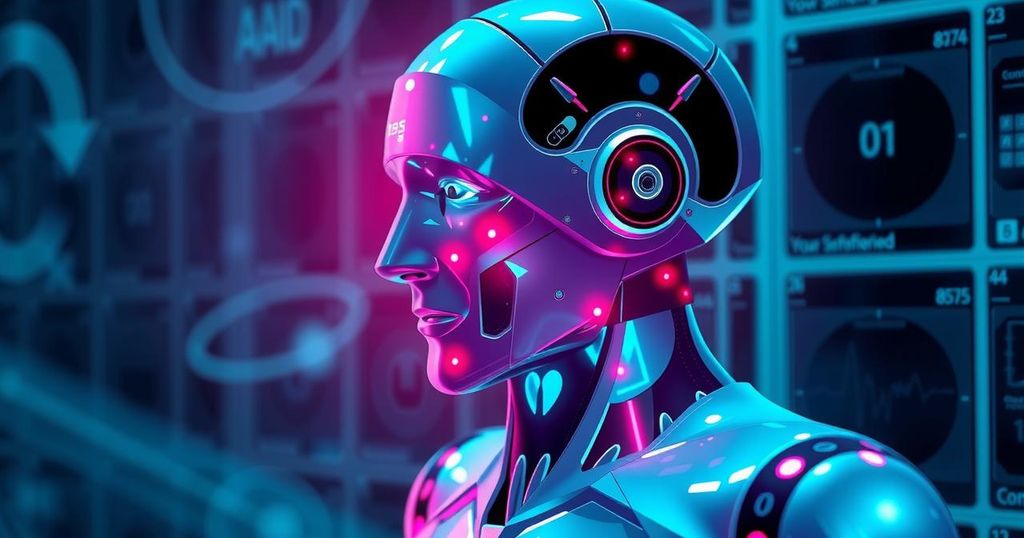ECRI Highlights AI Risks as Top Health Tech Hazard for 2025
ECRI’s 2025 health tech hazards report highlights artificial intelligence as the top concern, emphasizing the risks it poses if not carefully managed, particularly in patient care. Alongside AI, other hazards include technology vulnerabilities, substandard medical devices, and issues related to medication management. The report serves as a guide for healthcare professionals to prioritize patient safety amid evolving technological challenges.
In its latest annual report, ECRI has placed artificial intelligence (AI) at the top of its health technology hazards list for 2025. This emerging technology, celebrated for its potential to enhance healthcare efficiency, carries substantial risks if not effectively managed. ECRI notes that AI’s influence has permeated various healthcare domains, including diagnostics and appointment scheduling, raising concerns particularly around inaccuracies termed “AI hallucinations,” which could adversely affect patient outcomes, especially in underserved communities. The report further details other hazards such as vulnerabilities in healthcare device cybersecurity and inadequate technology support for home care patients, emphasizing the essential need for vigilance and proactive management in technology integration in healthcare settings.
ECRI has been at the forefront of healthcare safety for nearly two decades, crafting a list that serves as a guiding beacon for addressing risks in medical technology. This year, the focus on AI mirrors the growing prevalence of this technology across healthcare operations. The organization defines health tech hazards broadly, encompassing any malfunction or method of use that might jeopardize patient safety. Their holistic perspective emphasizes the interplay between human and technological factors, and their goal is to assist industry stakeholders in mitigating preventable harm.
Moreover, the 2025 report reflects ECRI’s forecasting on where healthcare must prioritize its safety efforts, beyond merely cataloguing current issues. Historically, ECRI has pointed to risks in infusion pumps and cybersecurity threats, consistently highlighting the evolution of technology-related risks in healthcare. This broad view ensures that attention remains focused on emerging challenges, paving the way for safer patient experiences without losing sight of potential detriments.
“The promise of artificial intelligence’s capabilities must not distract us from its risks or its ability to harm patients and providers,” emphasized Dr. Marcus Schabacker, the organization’s president and CEO, calling for careful consideration in the integration of AI into medical practices. His perspective underscores the necessity for healthcare leaders to critically evaluate the use of AI as they would with any other groundbreaking technology.
Artificial Intelligence (AI) has rapidly integrated itself into healthcare, extending far beyond its initial applications such as medical imaging, thereby influencing a vast array of medical practices like diagnostics and patient scheduling. However, this rapid evolution invites potential challenges that could undermine patient safety, particularly due to inaccuracies originating from flawed algorithms. ECRI’s report on annual health tech hazards highlights the urgent need for stakeholders in the medical field to address these risks responsibly as AI continues to advance.
The emergence of AI at the forefront of ECRI’s health tech hazards list signals a pivotal change in how technology is perceived within the healthcare landscape. While the advantages of AI are considerable, the associated risks, especially concerning patient safety and equity, must not be overlooked. ECRI’s comprehensive approach stresses the importance of a balanced perspective toward technological innovation, advocating for proactive management and vigilance. As Dr. Schabacker conveyed, the journey to harness AI’s full potential must be navigated with care, prioritizing patient well-being above all.
Original Source: www.healthcareitnews.com




Post Comment